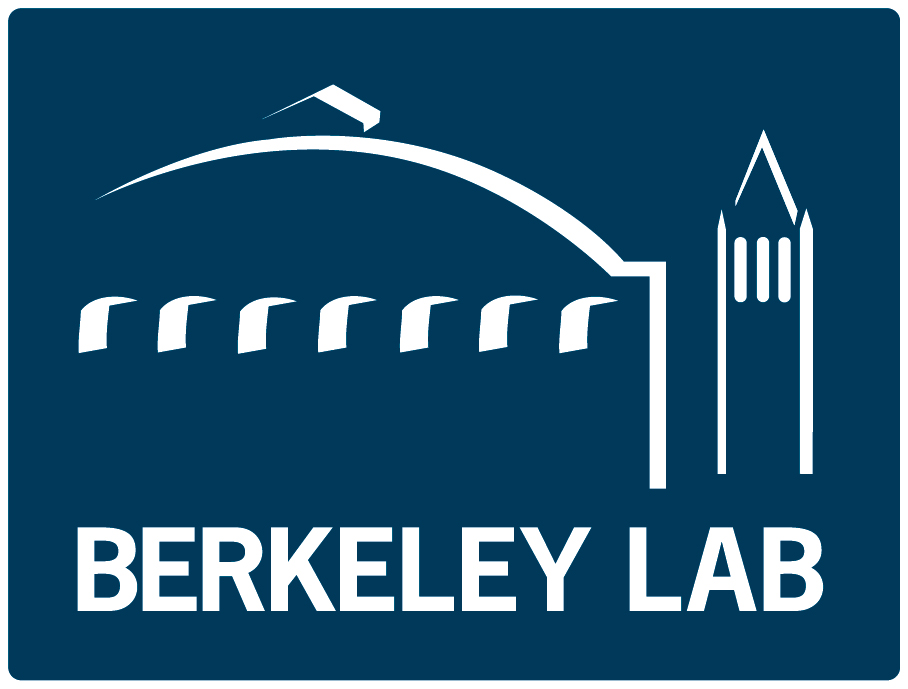APPLICATIONS OF TECHNOLOGY:
- Pharmaceutical / antibiotic discovery
- Phage therapy
ADVANTAGES:
Compared to current technologies
- Less expensive
- Less laborious
- Scalable
- Quantitative
ABSTRACT:
Researchers at the Berkeley Lab have developed two genetic technologies that enable fast and effective genome-wide screens for gene function. The LBNL technologies are suitable for discovering host genes crucial in phage infection and are useful for studying superinfection exclusion mechanisms, thus creating a potential pathway to alternatives for antibiotics.
The first technology, Randomly Barcoded Transposon Sequencing (RB-TnSeq), generates strain libraries for screening loss-of-function (LOF) mutant phenotypes. The second technology, Dub-SEQ, generates DNA barcoded overexpression strain libraries using host or phage DNA and permits gain-of-function (GOF) assays. Both platforms employ high-throughput DNA barcode sequencing readout termed BarSeq for one-time sequencing to characterize the library, and enable cost effective and large-scale assays of gene fitness in a single-pot assay.
Previous methods used to detect phage receptors were limited by tedious sample preparations, expensive sequencing methods, and low throughput assays. In contrast, the present combination of LOF and GOF methods gives mechanistic insights into antimicrobial compounds, phages, and phage-like particles. Such knowledge will enable the advent of rationally designed phage cocktails essential in phage therapeutic applications. Ultimately, the novel approaches provide a systematic workflow for developing a new generation phage characterization platform for studying phage biology and phage related applications.
DEVELOPMENT STAGE: Proven principle
STATUS: Patent pending. Available for licensing or collaborative research.
SEE THESE OTHER BERKELEY LAB TECHNOLOGIES IN THIS FIELD:
Dub-seq: Double Barcoded Shotgun Expression Library Sequencing 2015-160
